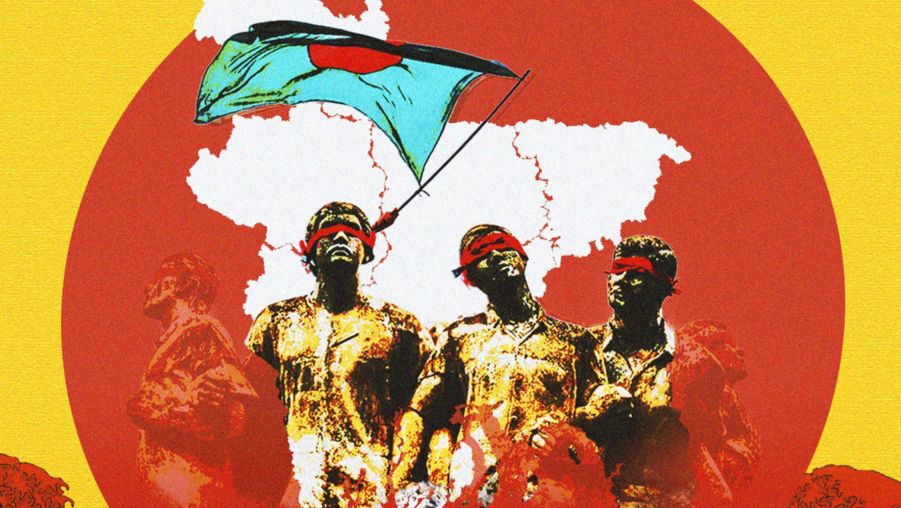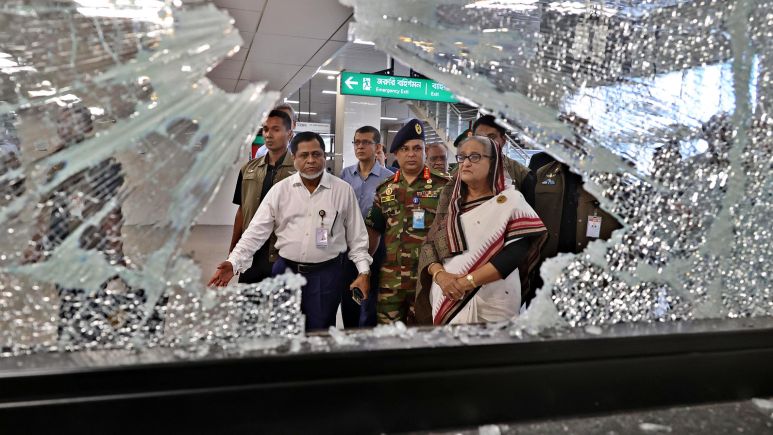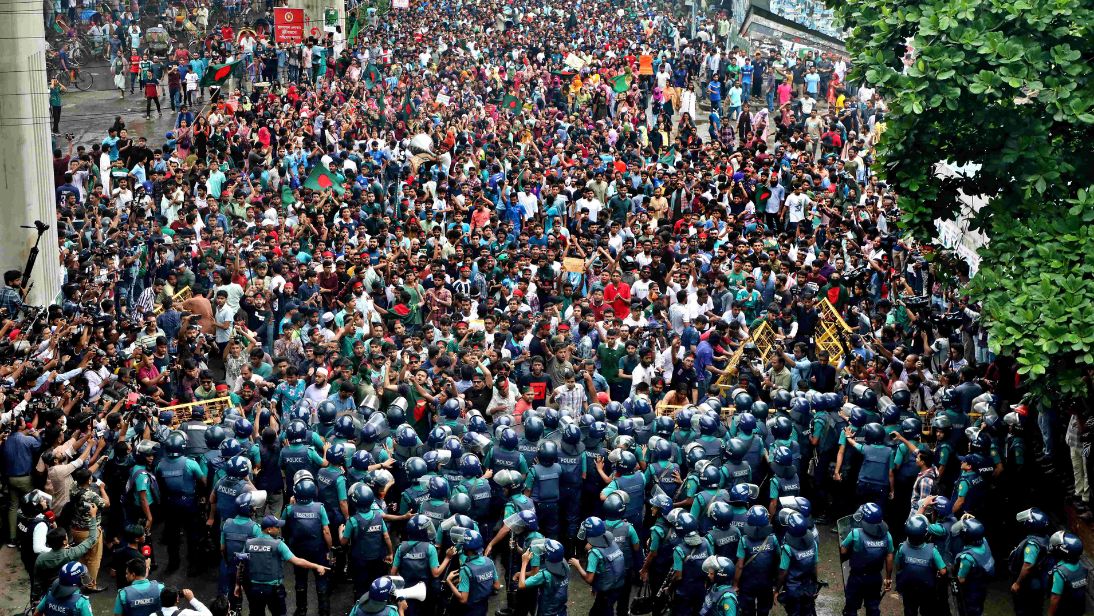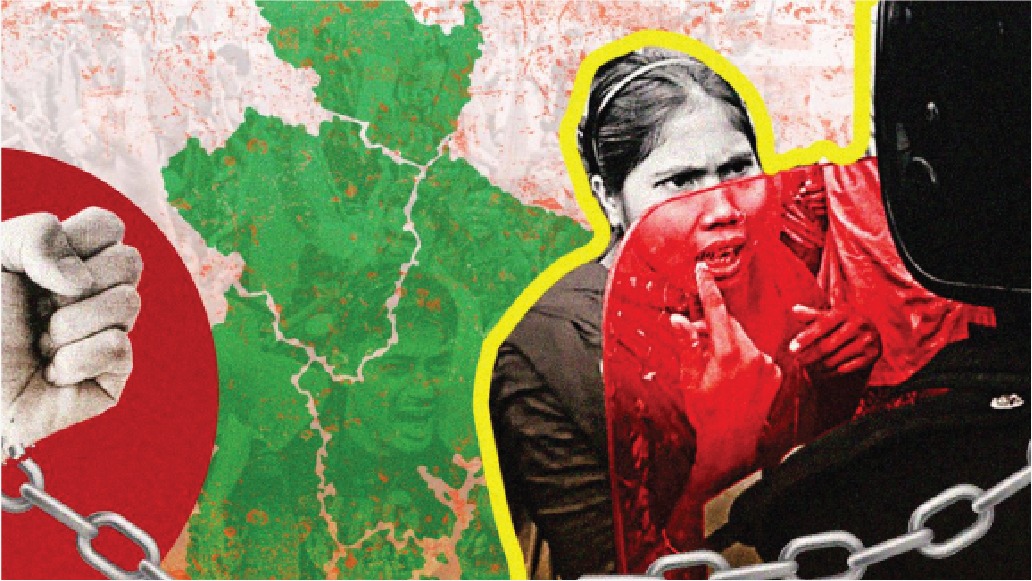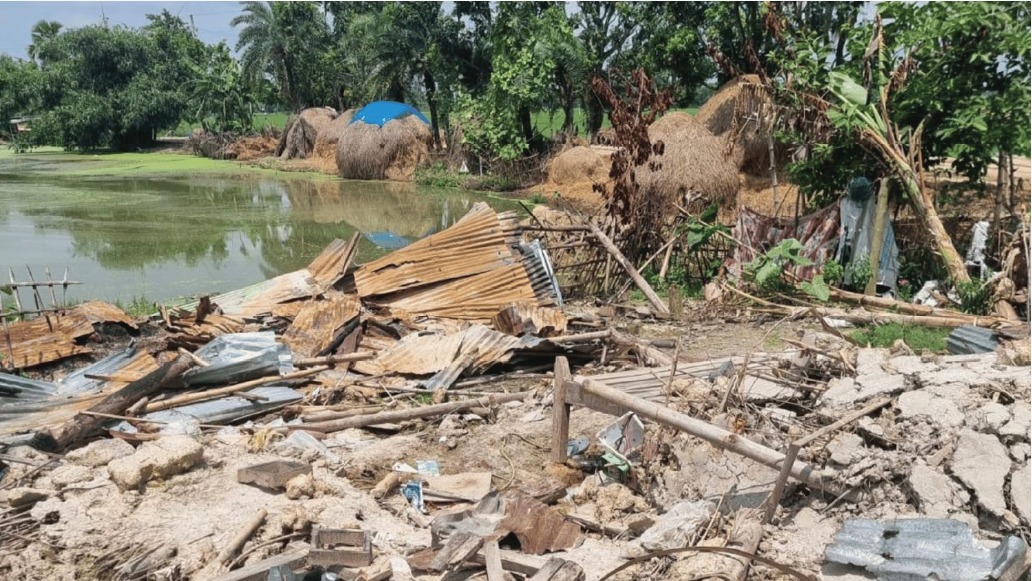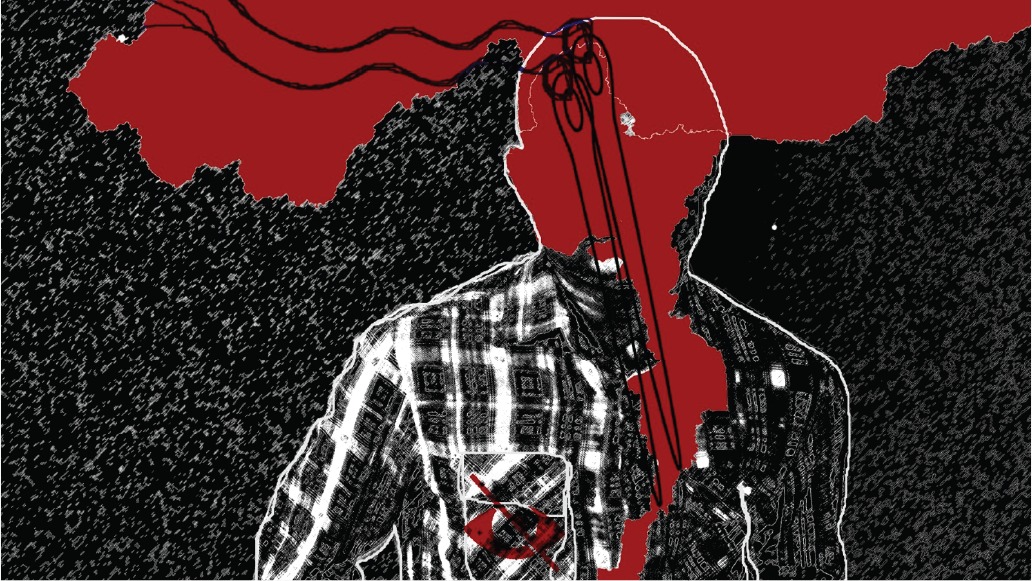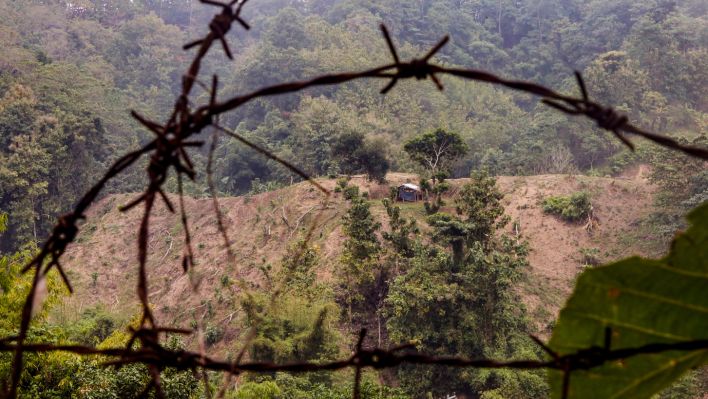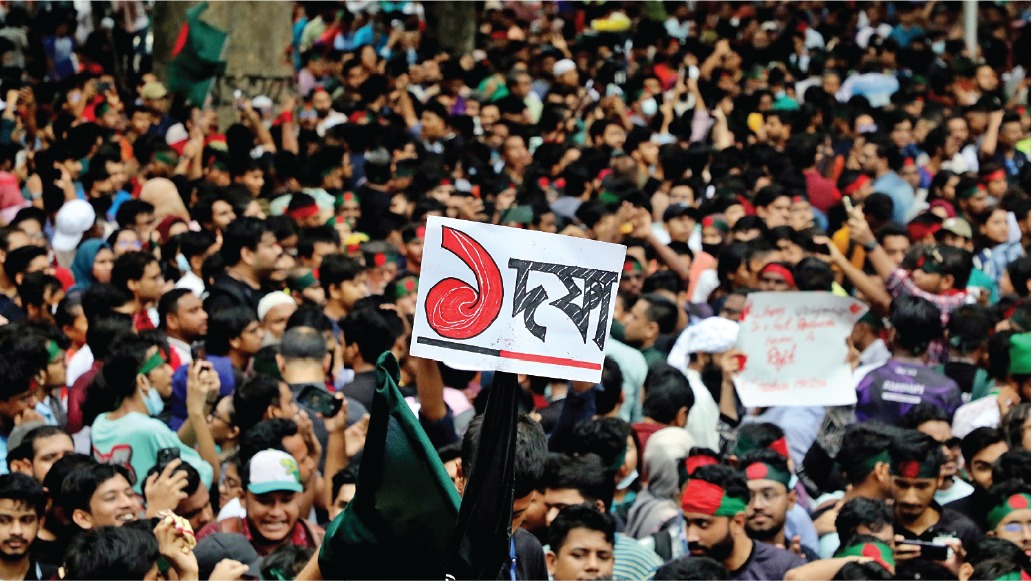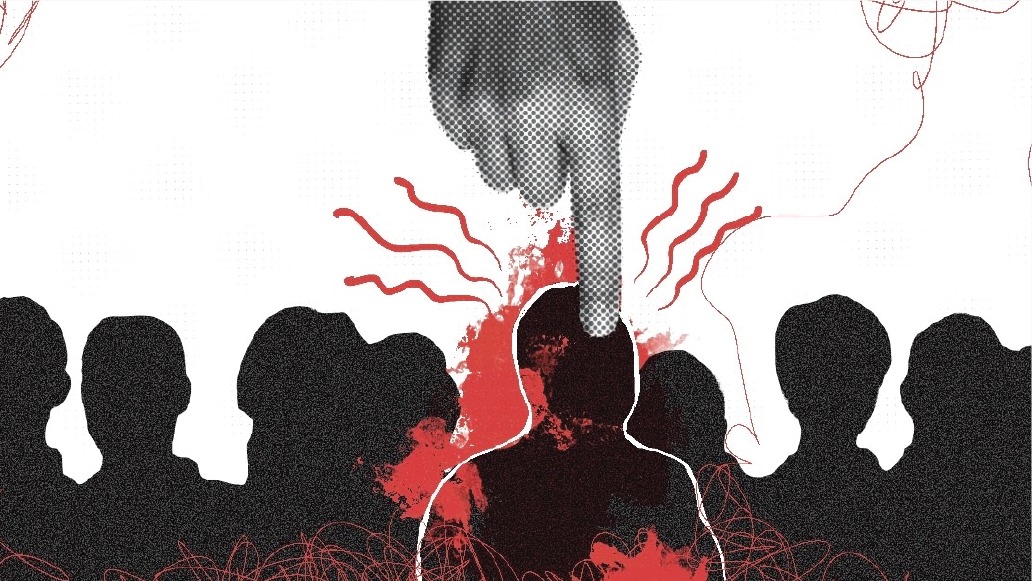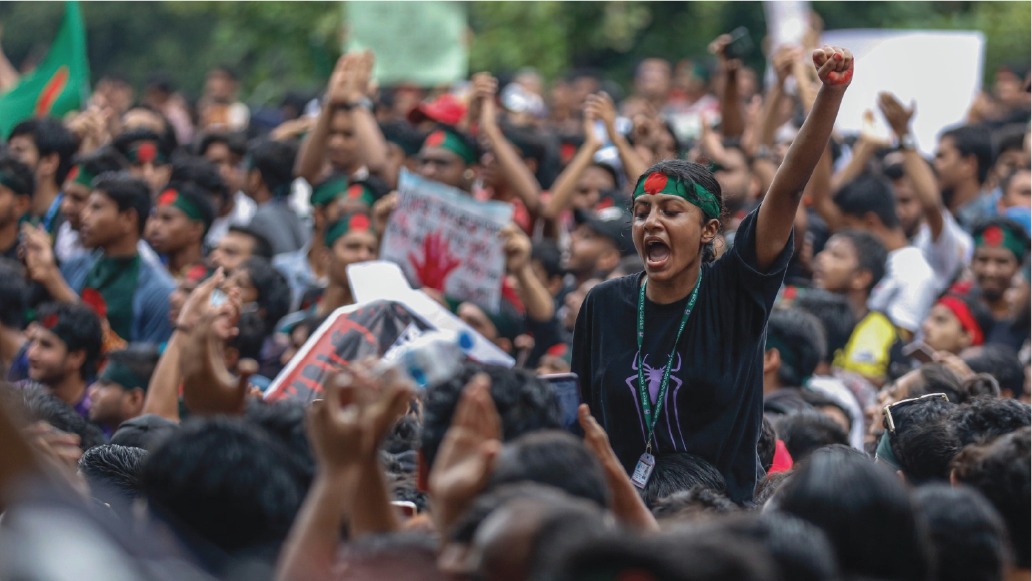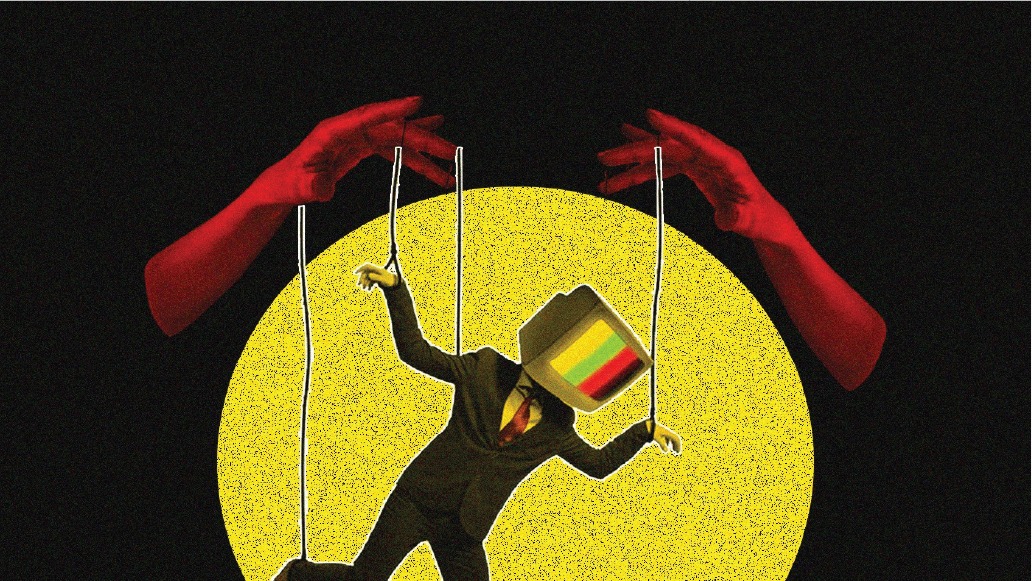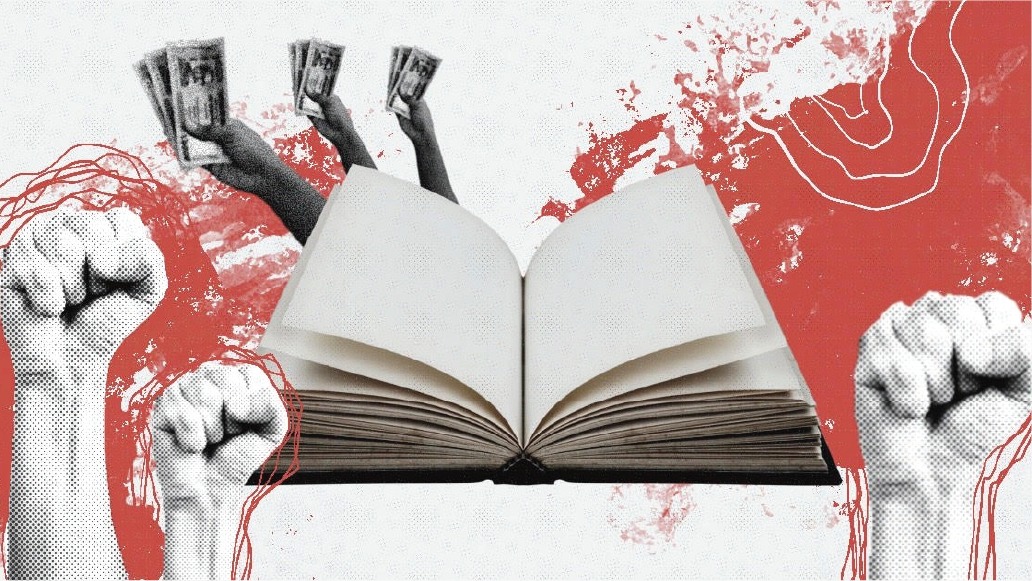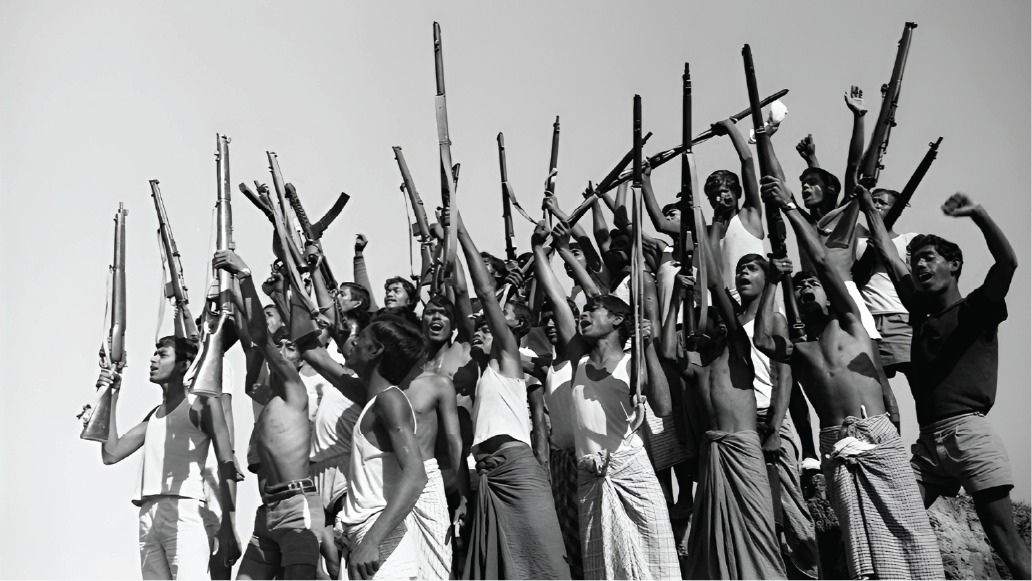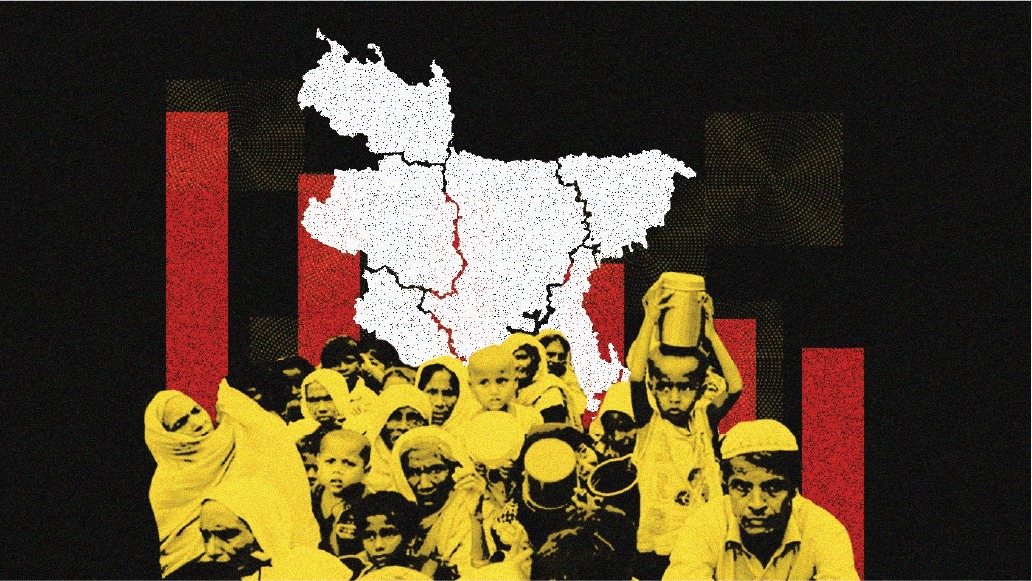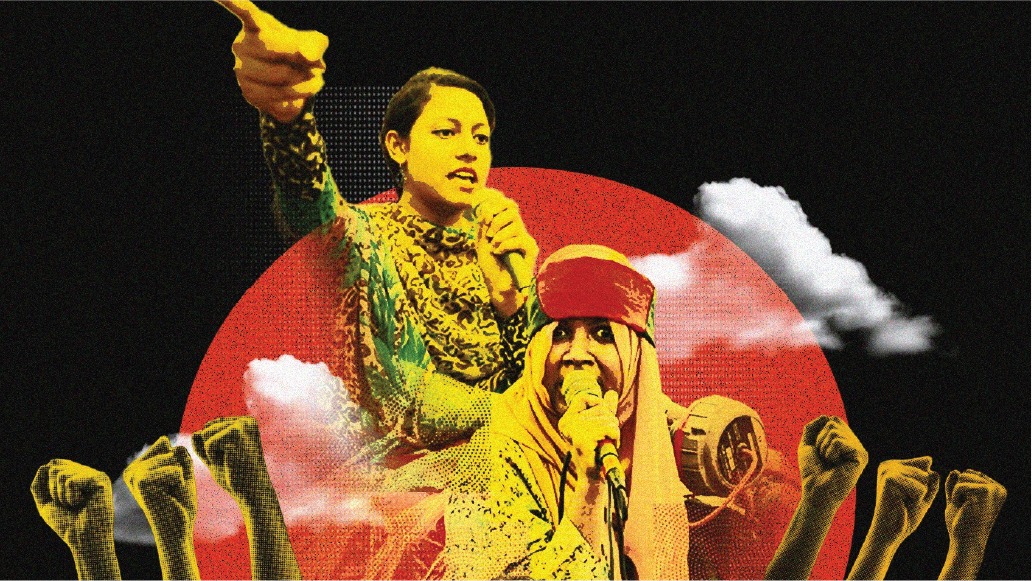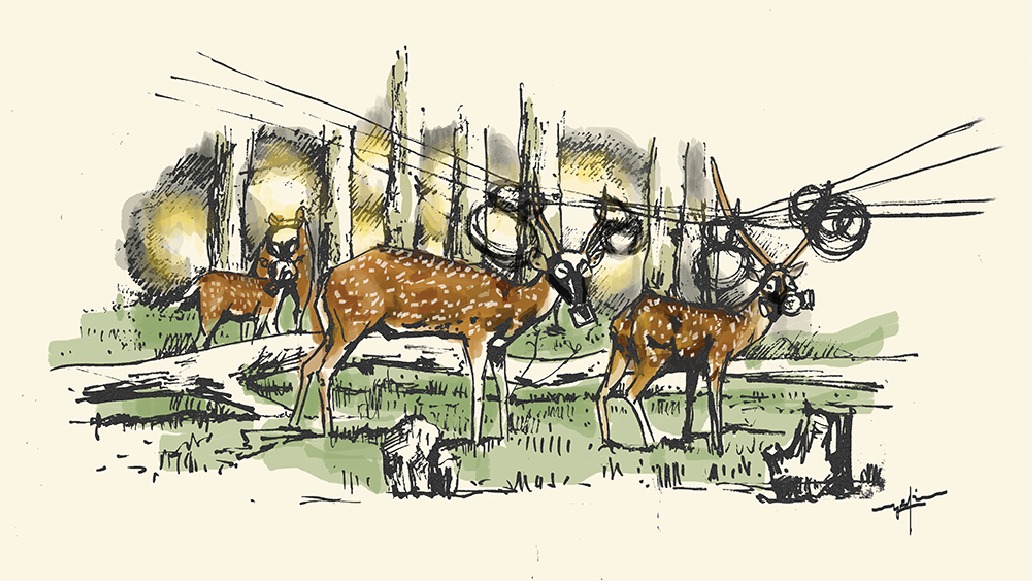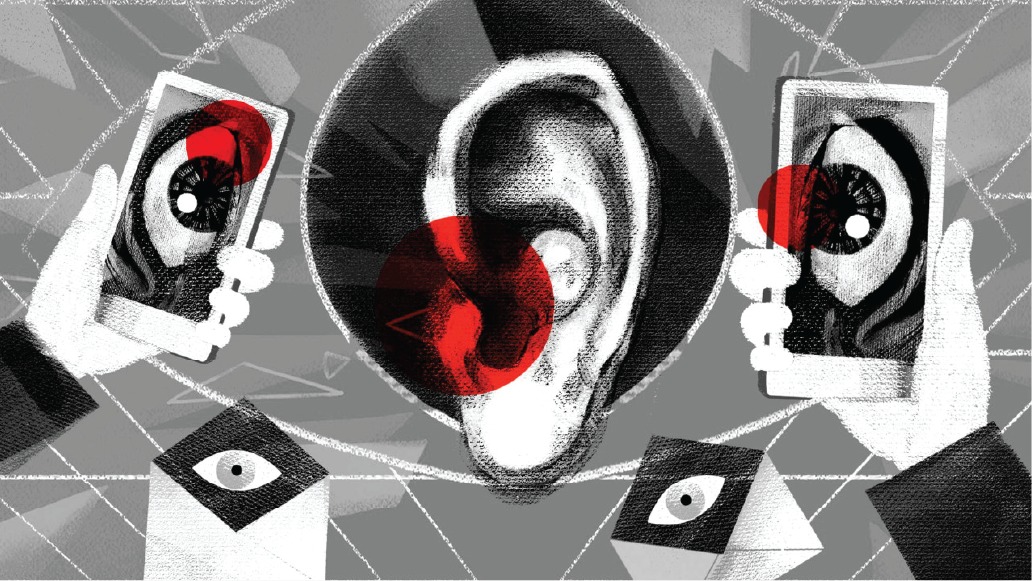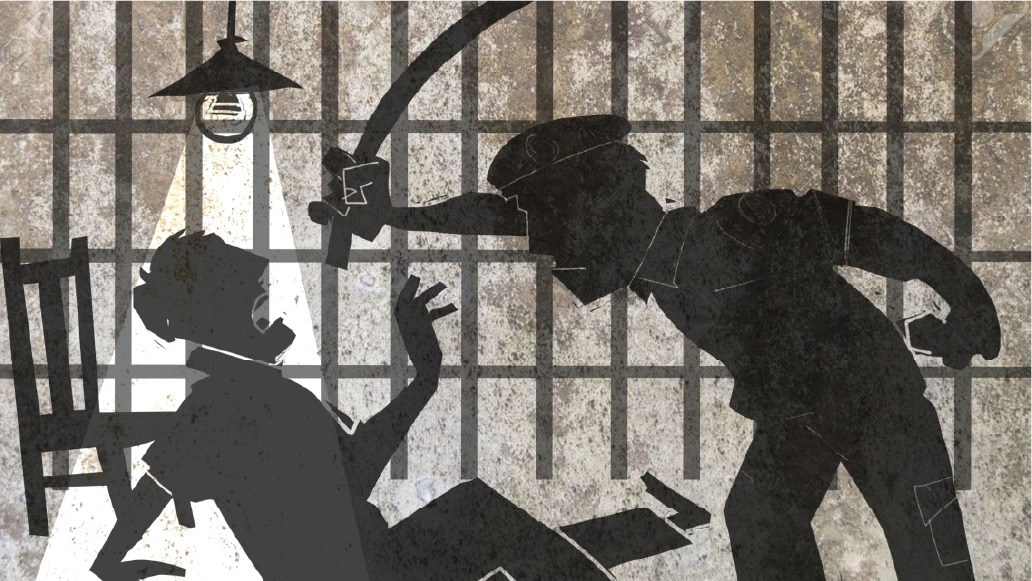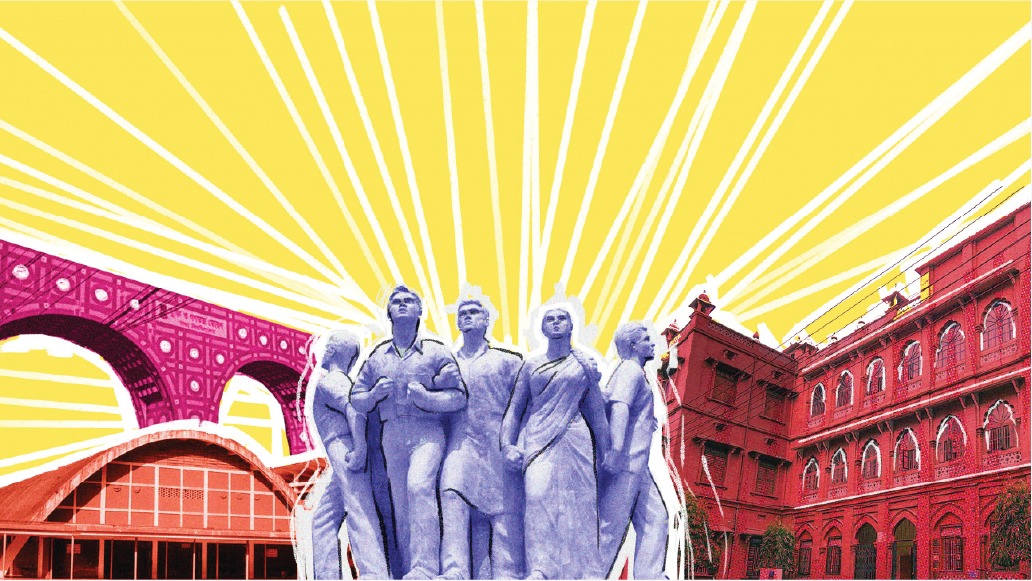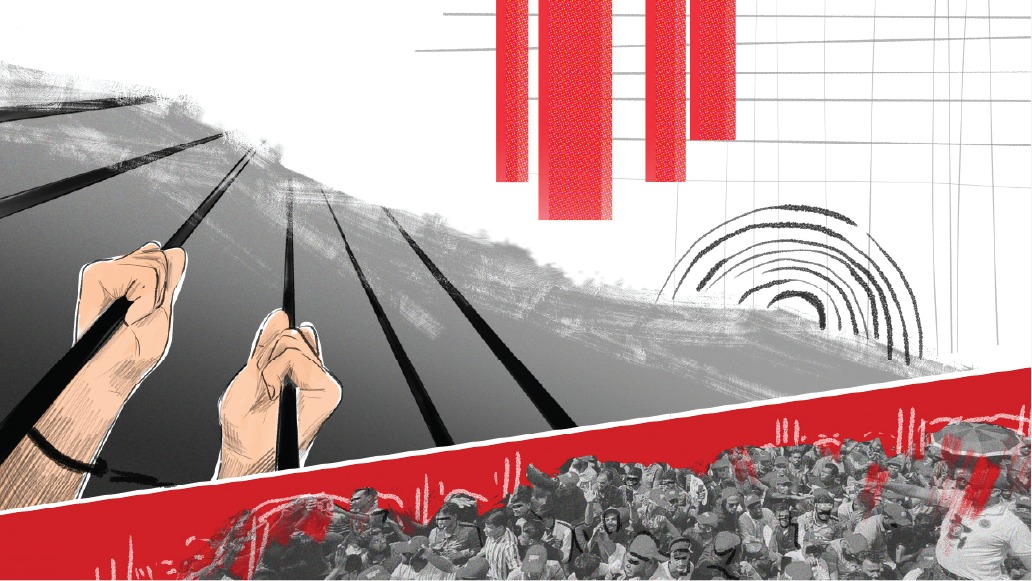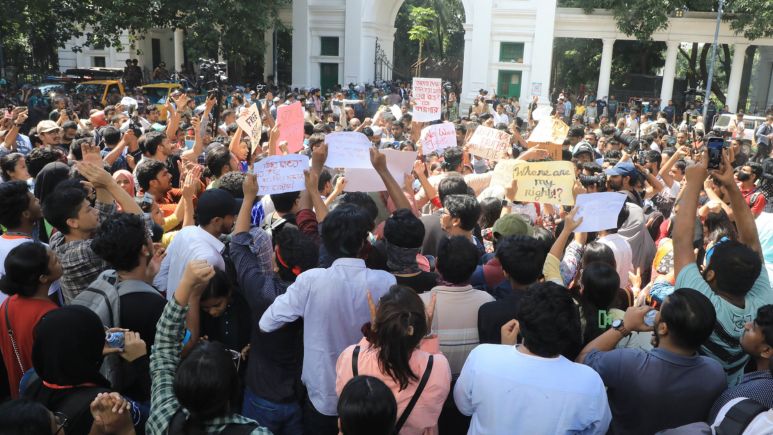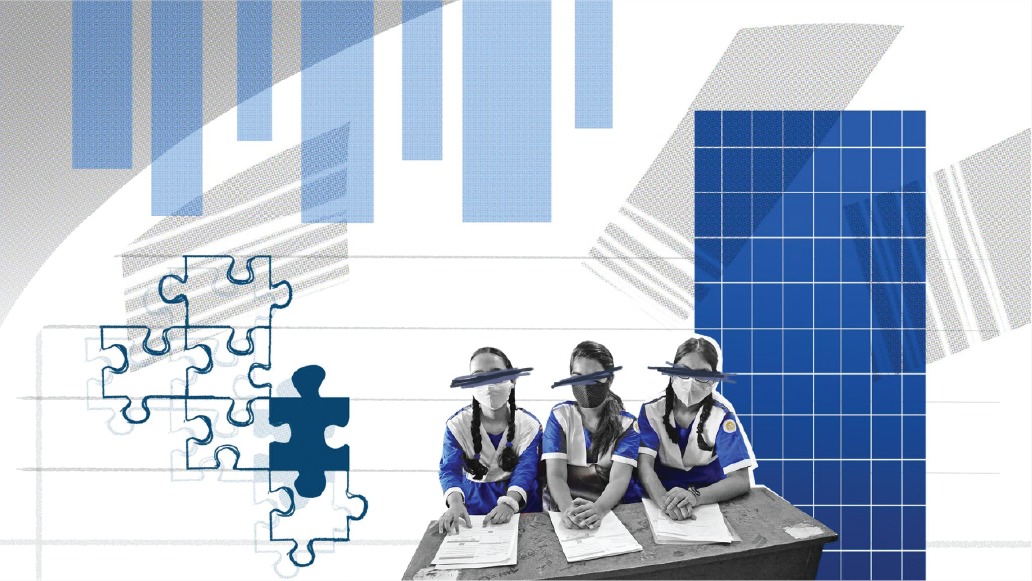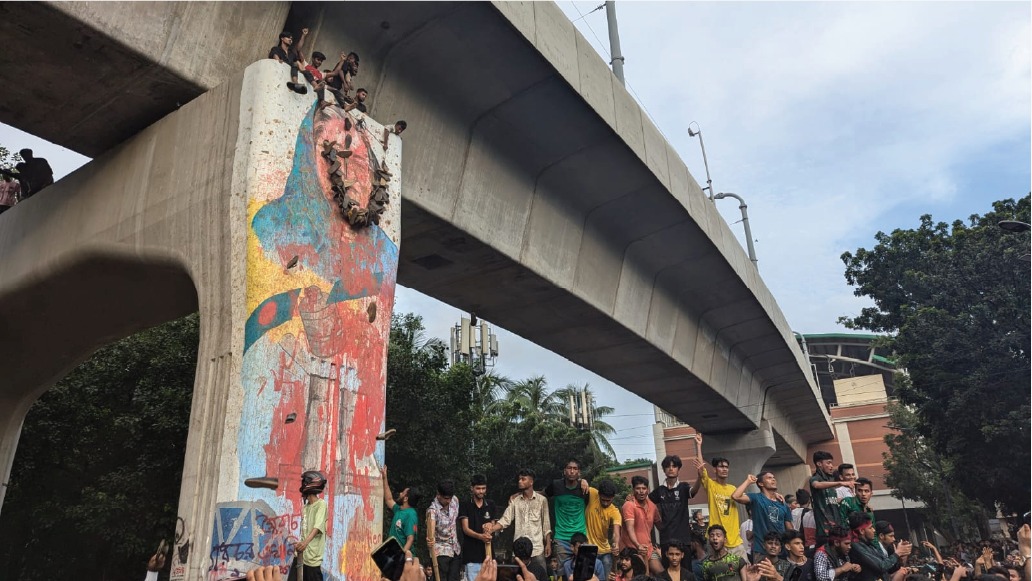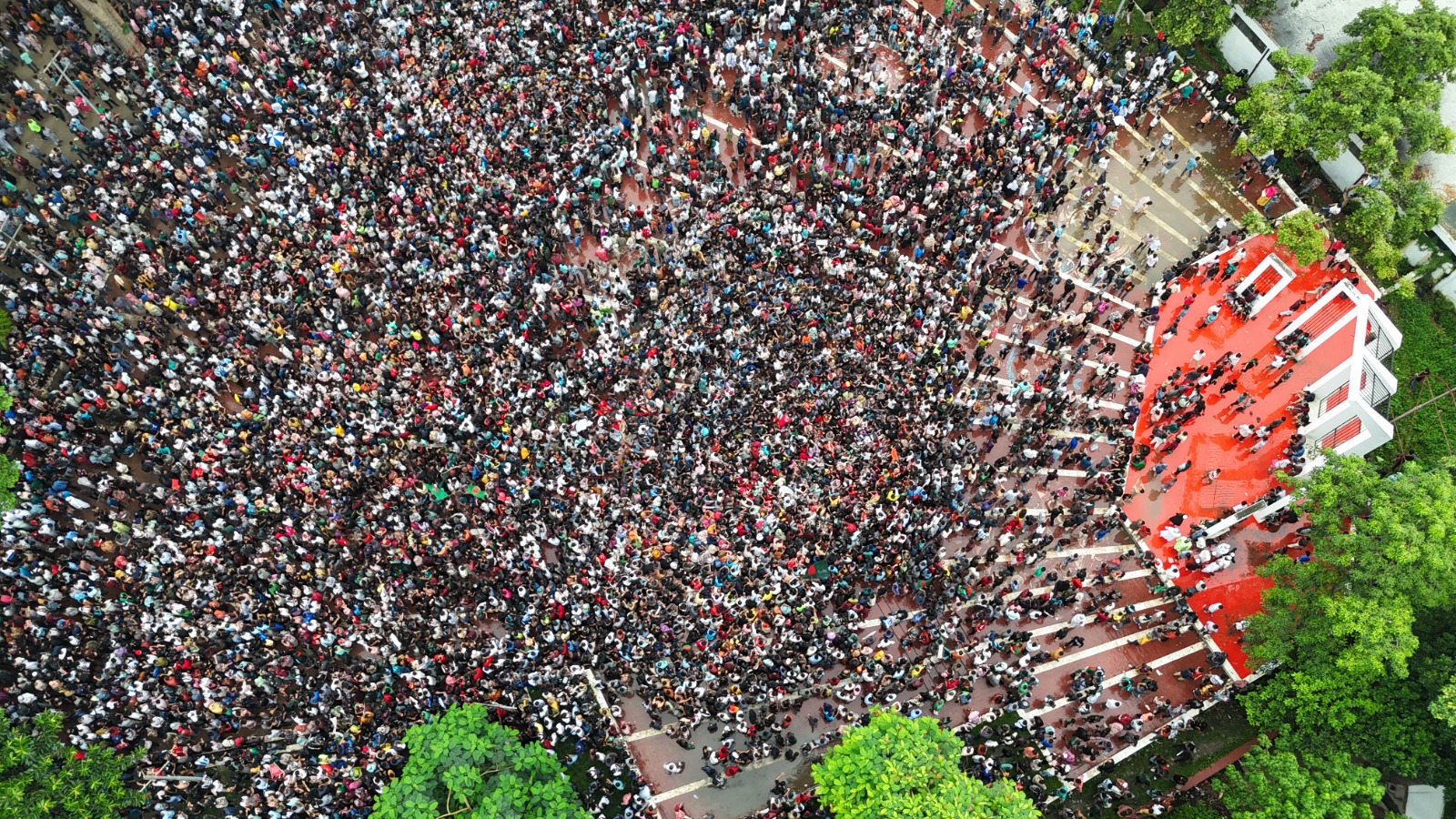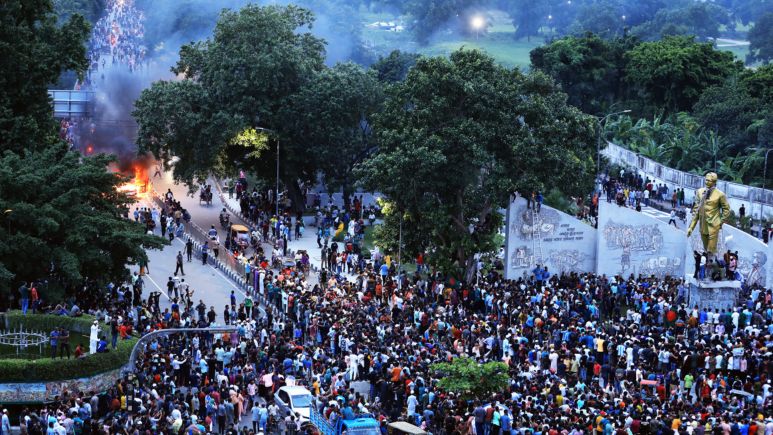
July 36, 2024
Eye-witnesses would describe that as early as mid-day the police were shooting at protesters breaking curfew and trying to go to Shahbagh. When Hasina fell and Gono Bhaban was taken over, the protesters turned on the police. The police were armed—the protesters were not. Even though the government had fallen, they trooped out and shot everyone in sight.
Lest we forget the casualties of a revolution
In speaking to these patients and their families, getting to know their injuries and woes, the elephant in the room was the fact that none of the shattered bones or blinded eyes or missing limbs were “regular injuries.” All were sanctioned and carried out by those then in charge of protecting Bangladesh's citizens.
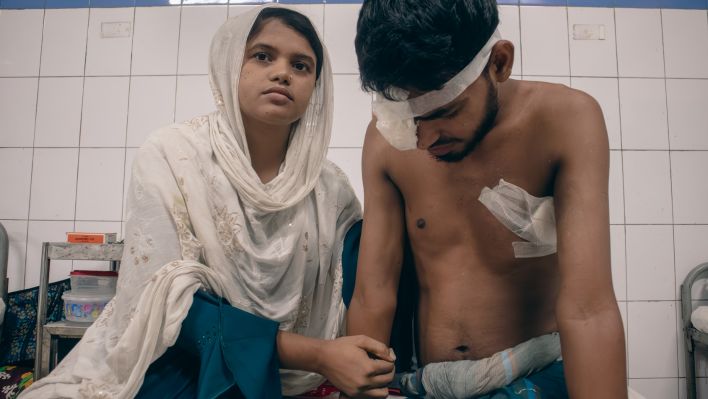

The uprising of cartoons
The use of cartoons in mass uprisings is a long-standing tradition, but the sheer volume of cartoons created in the last 20 days of July 2024 seems to be unprecedented in the country’s history. Many of these cartoons were produced by entirely new cartoonists, some of whom may have been drawing their first political cartoons. Yet, their work displayed a level of sharpness, awareness and expertise that belied their inexperience.
'We must not lose focus from real political barriers'
Badruddin Umar, a leading Marxist intellectual, political analyst, and activist, talks about the recent student-led mass uprising and what lies in the political future of Bangladesh in an interview with Ananta Yusuf, Priyam Paul, and Shamsuddoza Sajen of The Daily Star.
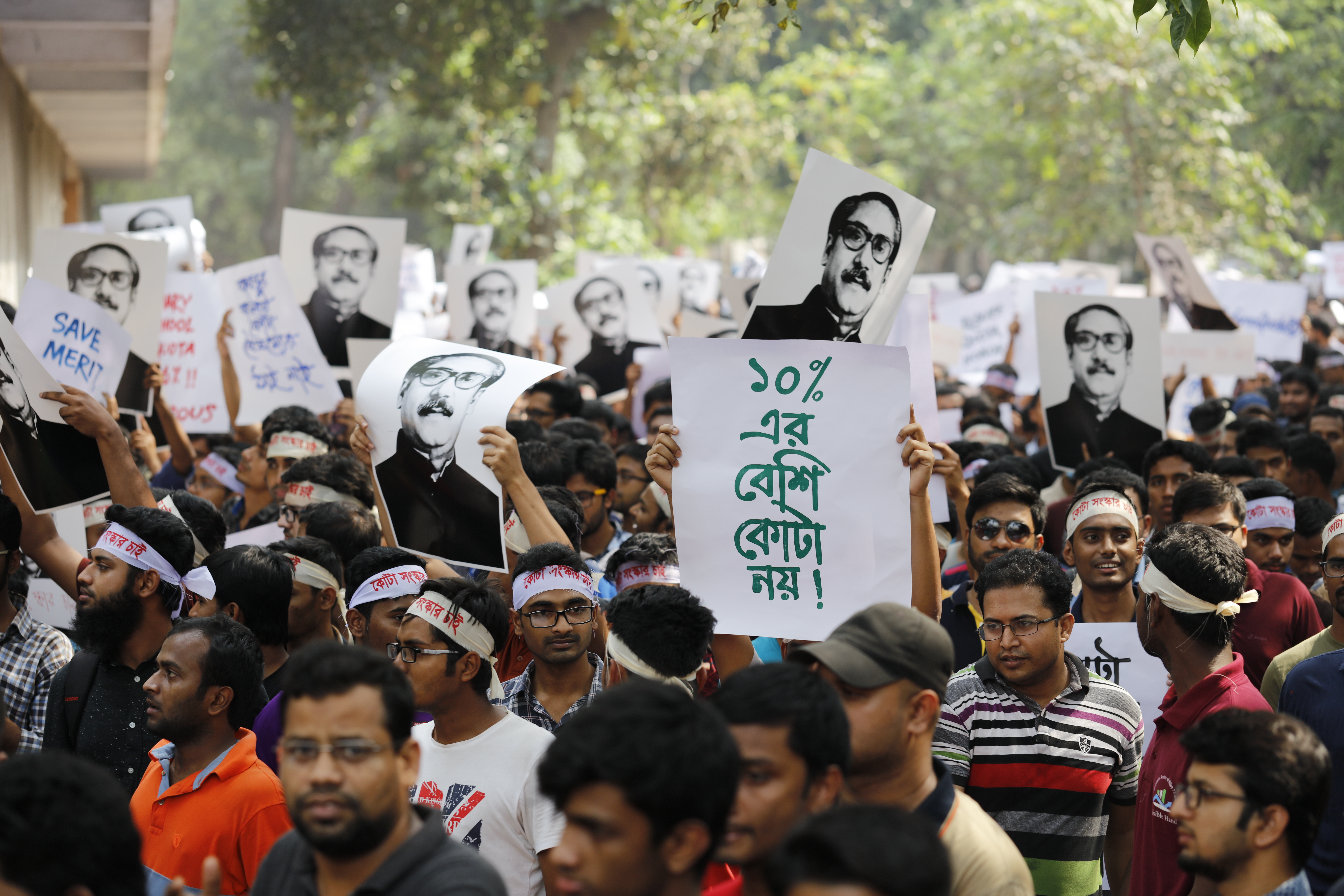
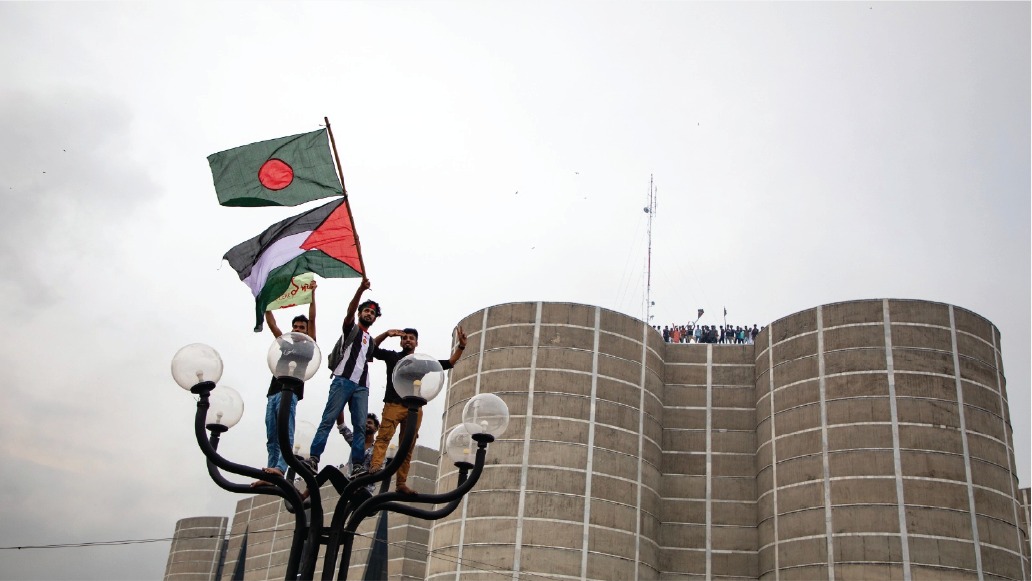
All that is solid melts into the air: The July uprising and a state in transition
Our people opened a new horizon of possibilities and demonstrated what it means to be active citizens. In the days of chaos following the fall—with no police and the army happy to sit back—they took on traffic regulation, protected their neighbourhoods, and organised a massive relief effort for the flood victims. They did all this without command and with no thought of reward other than a functioning state. The jury is still out on what they have received in turn.



